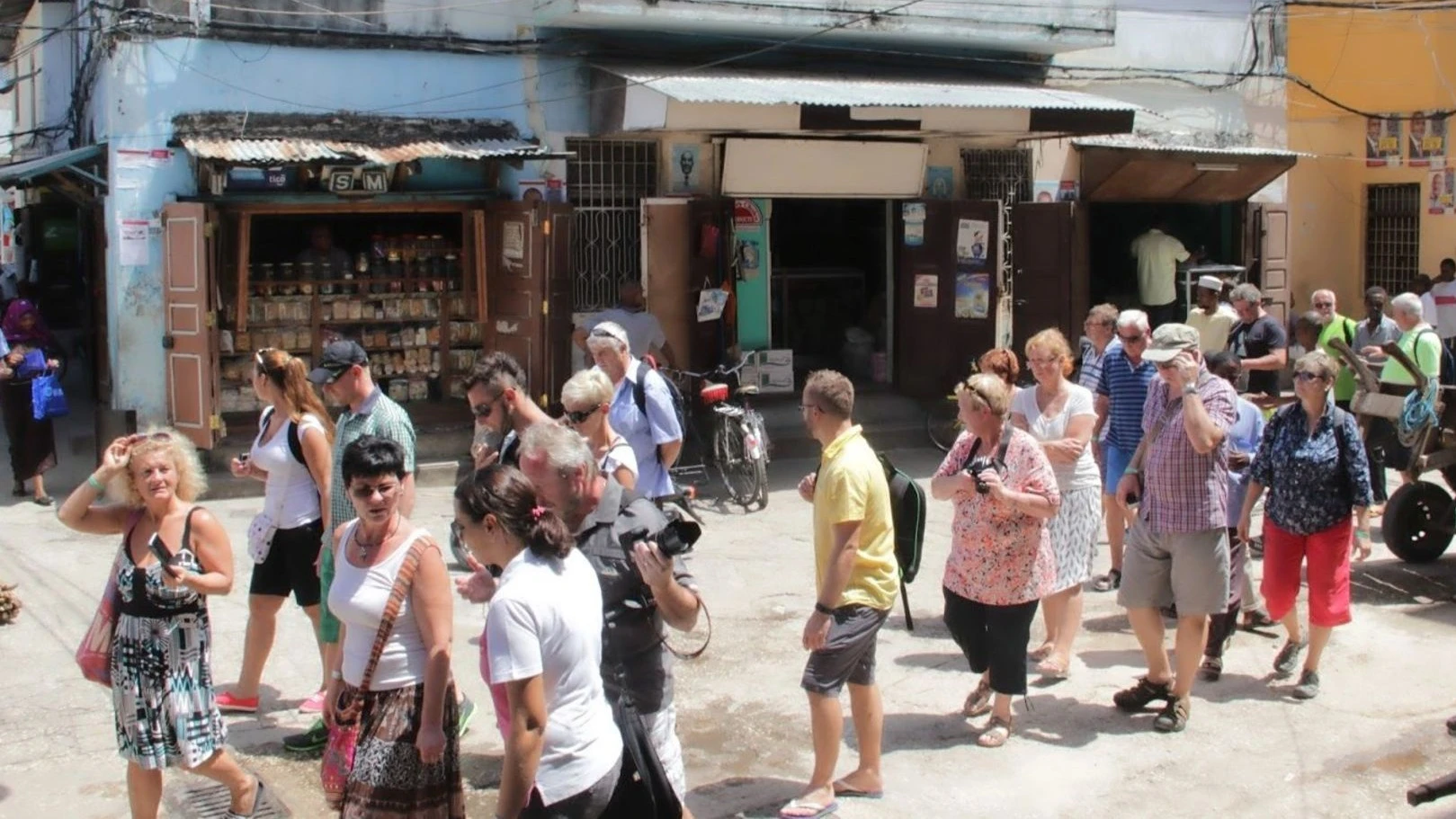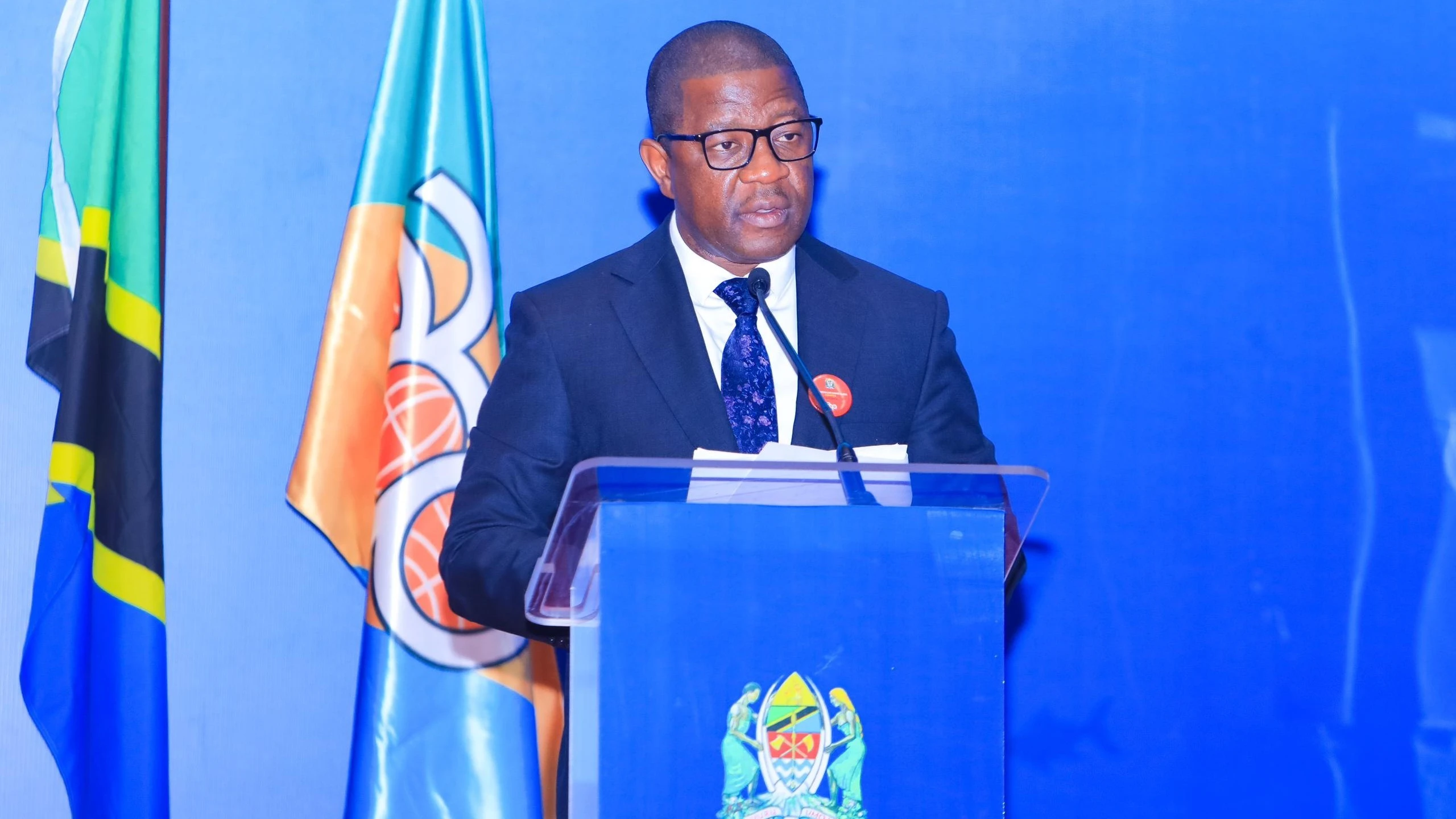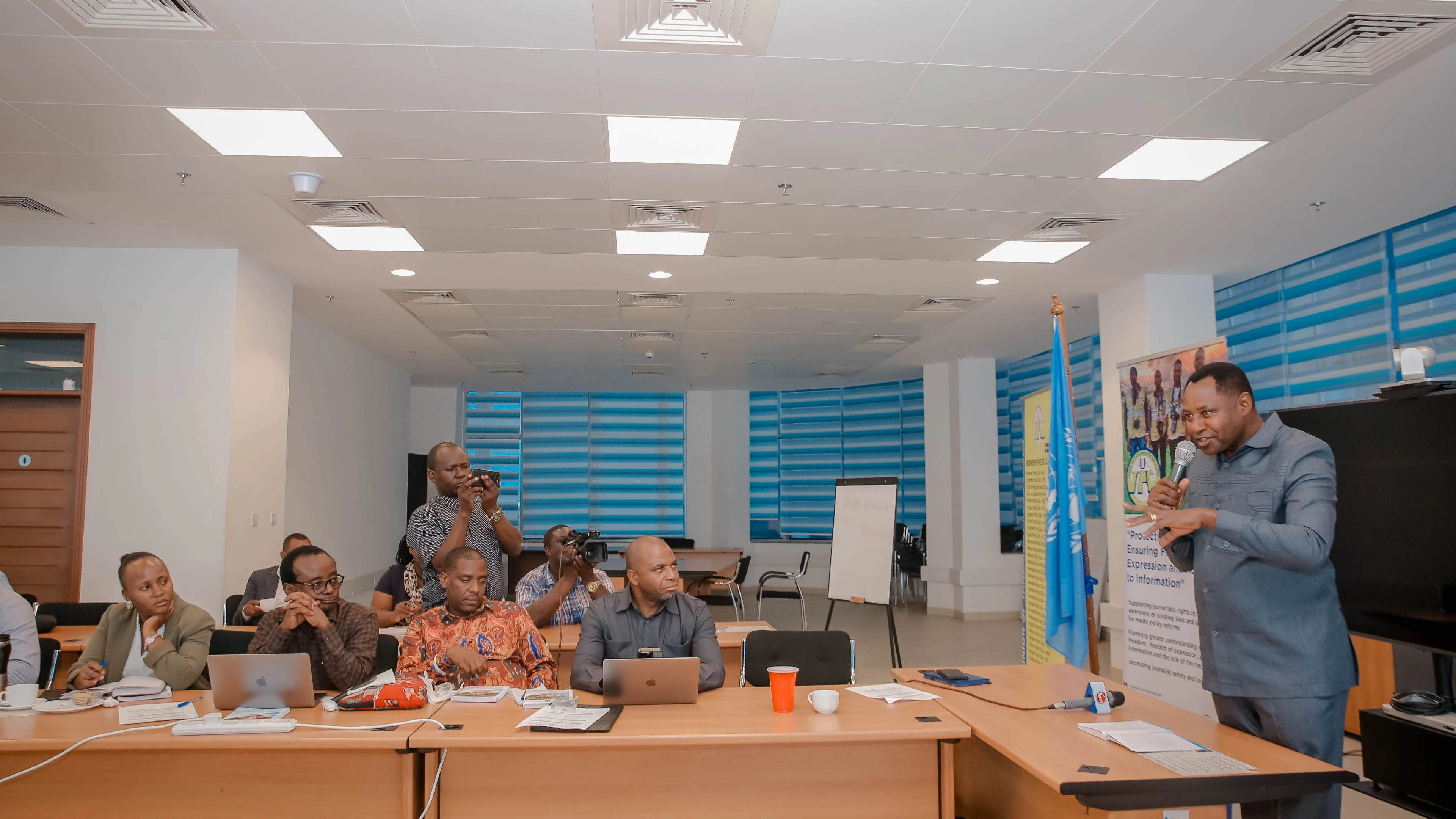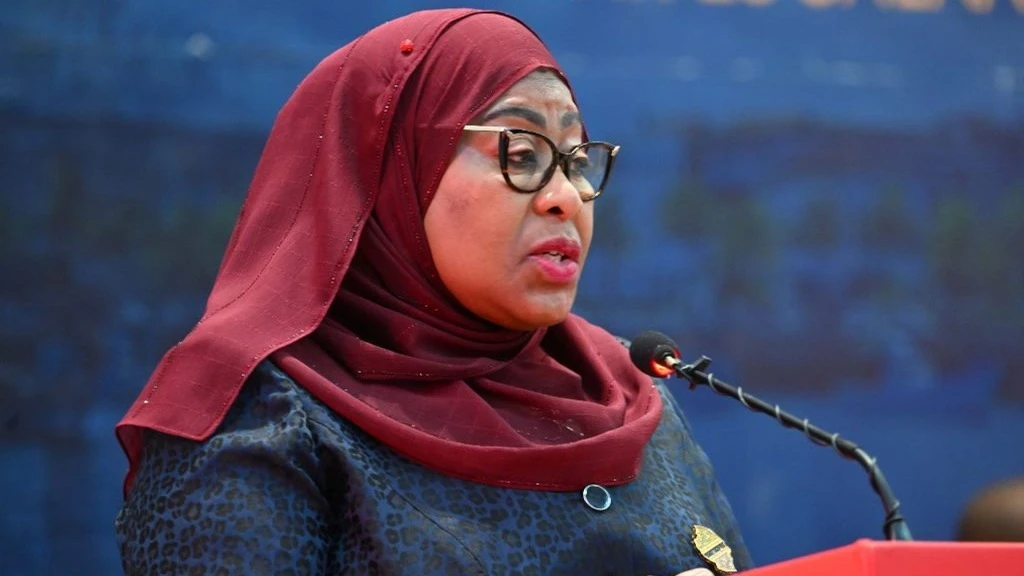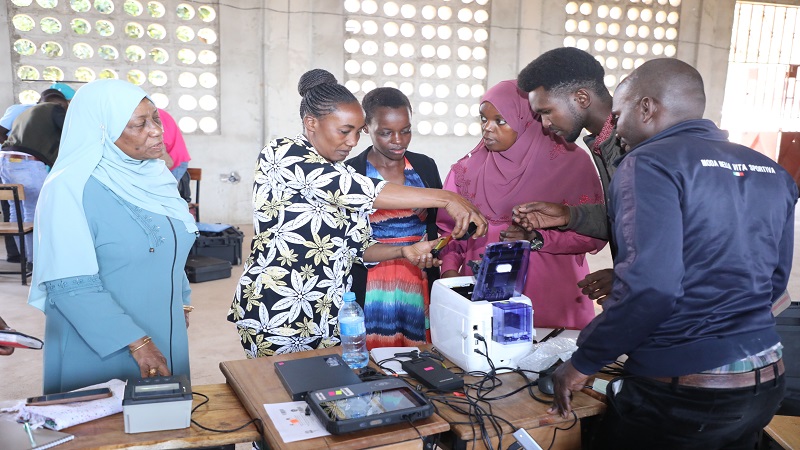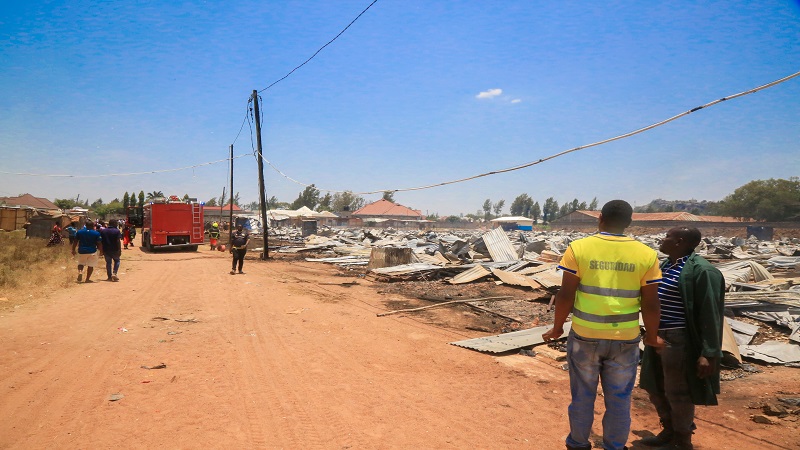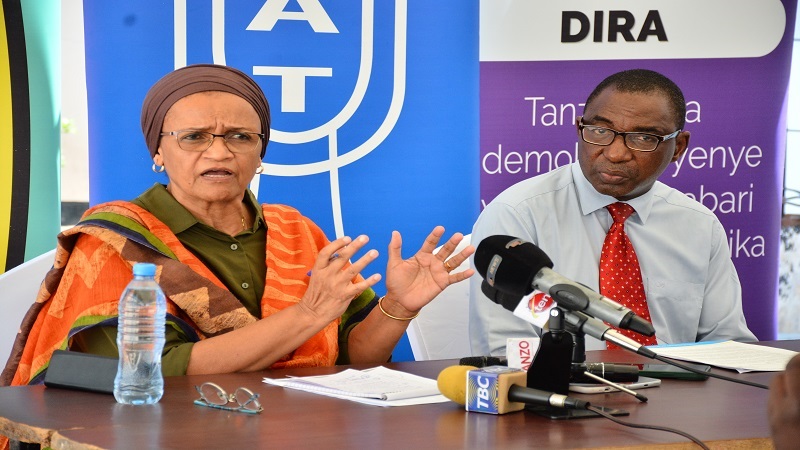World patient safety day: A call for reform to improved health services
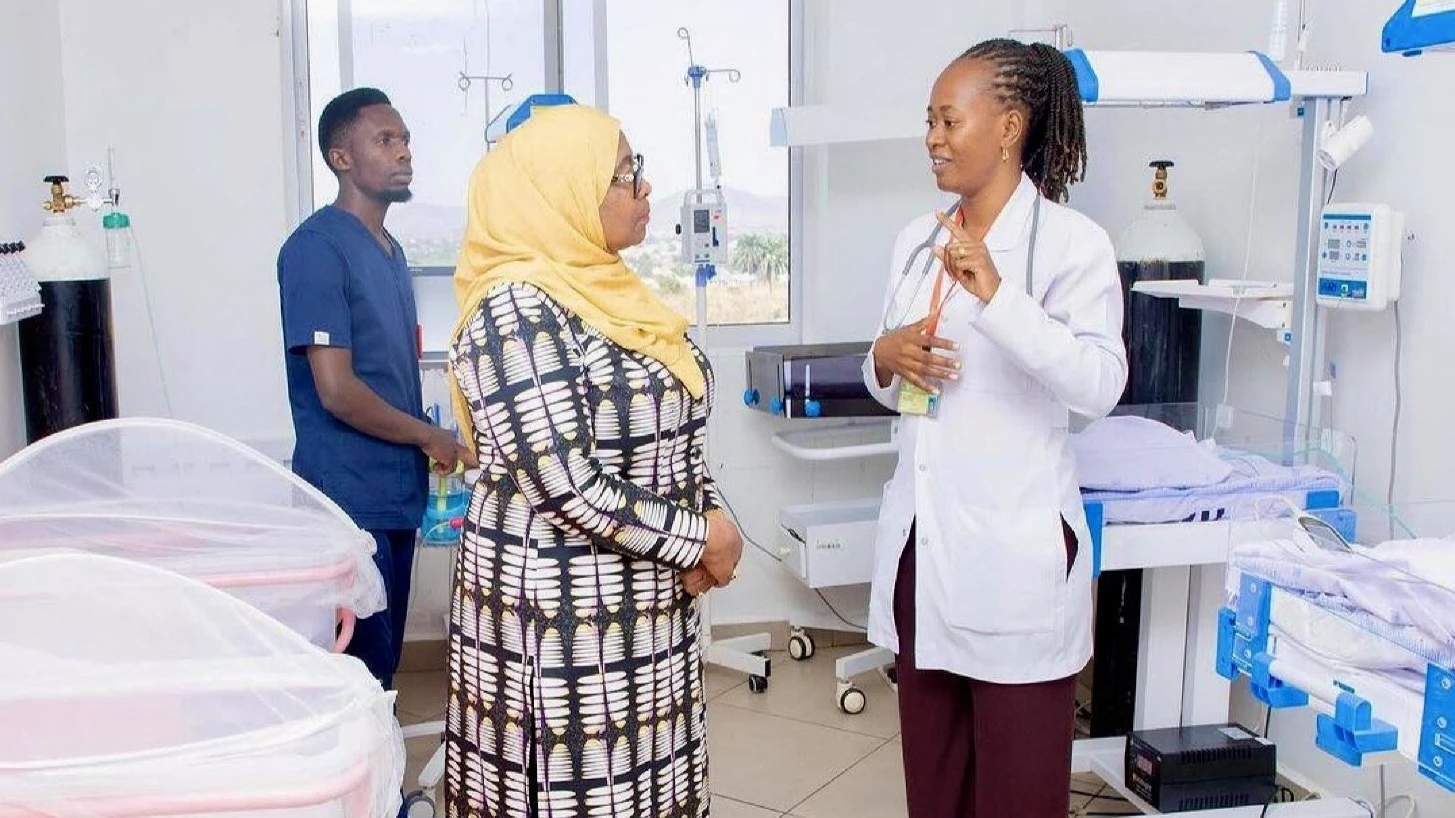
THE World Patient Safety Day, held annually on September 17th, highlights the critical importance of patient safety in healthcare. The 2024 theme for this important day was ‘Improving Diagnosis for Patient Safety’, underlining the crucial role that accurate and timely diagnoses play in ensuring patient safety and enhancing health outcomes.
A correct diagnosis is foundational to effective treatment. Incorrect or delayed diagnoses can lead to serious complications, unnecessary treatments, or worsening of health conditions. For example, an inaccurate diagnosis may result in patients receiving inappropriate treatments, posing unnecessary health risks. Conversely, precise diagnoses facilitate early disease detection, enabling timely intervention that can significantly improve recovery prospects and reduce healthcare costs.
Moreover, accurate diagnoses contribute to the efficient use of medical resources, including time, personnel, equipment, and finances. By ensuring that resources are allocated based on accurate information, healthcare systems can operate more effectively.
Reliable diagnoses also bolster patient trust in healthcare systems and professionals. When patients trust their healthcare providers, they are more likely to adhere to treatment plans, make necessary lifestyle changes, and collaborate actively with their healthcare teams.
The Alliance for Patient Safety (APS) has been instrumental in promoting World Patient Safety Day since 2015. The APS, along with the Swiss Foundation for Patient Safety and the Austrian Platform for Patient Safety, has created a multi-country initiative to advance patient safety. The APS’s platform, patient-safety-day.org, serves as a hub for sharing knowledge and experience, providing valuable resources and recommendations to improve patient safety globally.
Diagnostic safety is integral to quality healthcare. Adverse events resulting from treatment errors jeopardize patient safety, and many of these errors stem from complex healthcare processes. Addressing systemic and cognitive factors that contribute to diagnostic errors is crucial. Systemic issues, such as communication failures, heavy workloads, and ineffective teamwork, as well as cognitive factors like clinician training, experience, and biases, must be tackled to improve diagnostic accuracy.
The World Health Organization (WHO) continues to collaborate with stakeholders to enhance diagnostic safety by strengthening systems, designing safe diagnostic pathways, supporting healthcare workers, and engaging patients throughout the diagnostic process.
In Tanzania, the challenges in patient safety and diagnostic accuracy are evident, particularly at Muhimbili Referral Hospital, one of the country's leading healthcare institutions. Muhimbili Referral Hospital has faced significant issues related to diagnostic errors and patient safety. Reports indicate that patients often experience long wait times and delayed diagnoses due to the hospital’s high patient load and limited resources.
For instance, a 2022 study by Dr. Amani Mussa, published in the Tanzanian Journal of Health Sciences, highlighted that diagnostic delays at Muhimbili often result in worsened health outcomes for patients, underscoring the need for systemic improvements.
The hospital has also struggled with inadequate communication between healthcare professionals, which can contribute to diagnostic errors. A 2023 report by the Muhimbili Hospital Quality Assurance Committee revealed that lapses in communication between different departments have led to instances where critical diagnostic information was not conveyed promptly, affecting patient care.
Furthermore, the lack of resources and high patient volume at Muhimbili Referral Hospital can exacerbate diagnostic inaccuracies. According to a 2024 report by the Tanzania Health Network, the hospital’s limited access to advanced diagnostic tools and a shortage of medical staff have led to challenges in providing timely and accurate diagnoses. This situation reflects broader issues within Tanzania’s healthcare system, where resource constraints and high demand can impact diagnostic quality.
The focus on improving diagnostic safety is not just a matter of global importance but a pressing issue within Tanzanian healthcare. Addressing these challenges requires a multifaceted approach, including enhancing healthcare infrastructure, improving communication among healthcare professionals, and investing in diagnostic technology and training.
Medical tourism among African political elites further complicates the healthcare landscape. In Africa, political leaders often seek medical treatment abroad, reflecting a lack of confidence in local healthcare systems.
This practice not only highlights the shortcomings of domestic health infrastructure but also diverts significant resources away from improving local healthcare. For example, Nigerian leaders spend over USD 1 billion annually on medical tourism, a stark contrast to the inadequate investment in domestic health systems.
The financial burden of medical tourism extends beyond individual countries. In Uganda, the cost of treating top government officials abroad could fund the construction of ten hospitals, demonstrating the significant impact of such expenditures on national budgets. This misallocation of funds exacerbates the challenges faced by healthcare systems and underscores the need for political commitment to improving local healthcare infrastructure.
The disparities between healthcare systems in Africa and those in Western and Asian countries, often frequented by African leaders, highlight the need for improved political commitment and visionary leadership in healthcare. Addressing these issues requires not only curbing medical tourism but also strengthening local healthcare systems through increased investment, better resource management, and enhanced collaboration among healthcare professionals.
Behold, World Patient Safety Day serves as a critical reminder of the importance of diagnostic accuracy and the need for robust healthcare systems. Addressing systemic and cognitive factors that contribute to diagnostic errors, improving healthcare infrastructure, and curbing medical tourism are essential steps toward enhancing patient safety and ensuring equitable healthcare access for all.
The challenges faced by Muhimbili Referral Hospital in Tanzania exemplify broader issues within the country’s healthcare system, underscoring the urgent need for comprehensive reforms to enhance patient safety and care quality. Muhimbili, despite its prominence, struggles with significant issues such as diagnostic errors, resource shortages, and communication breakdowns. These problems reflect a larger crisis affecting healthcare throughout Tanzania.
Diagnostic accuracy at Muhimbili Referral Hospital is often compromised due to inadequate resources and high patient volumes. This strain results in frequent delays in diagnosis and limitations in diagnostic equipment. The hospital’s capacity to deliver timely and precise diagnoses is hindered, impacting patient outcomes. For instance, a 2022 study by Dr. Amani Mussa highlighted that these delays contribute to deteriorated health conditions for patients, emphasizing the need for improved diagnostic infrastructure and efficiency.
Communication gaps among healthcare professionals at Muhimbili further compound these diagnostic challenges. The 2023 Quality Assurance Committee report revealed that crucial diagnostic information was sometimes not communicated promptly, leading to suboptimal patient care. These issues reflect systemic problems within the healthcare system, requiring targeted interventions to improve coordination and information flow among medical teams.
Addressing these challenges requires a multifaceted approach. Investment in healthcare infrastructure is crucial. Upgrading diagnostic tools and expanding medical facilities can help alleviate some of the resource constraints faced by hospitals like Muhimbili. As well, enhancing training for healthcare professionals, particularly in communication and teamwork, is essential. Regular workshops and simulations can improve collaboration among healthcare workers, leading to better patient outcomes.
Moreover, improving healthcare funding and resource allocation is vital. Governments should prioritize healthcare investments in their budgets and explore public-private partnerships to augment resources and capabilities. Expanding access to healthcare services in underserved areas can also reduce the burden on central hospitals and ensure more equitable healthcare distribution.
Other referral hospitals in Tanzania, such as Kilimanjaro Christian Medical Centre (KCMC), Mbeya Referral Hospital, and Dodoma Regional Referral Hospital, are making notable progress in improving healthcare infrastructure.
These facilities have seen significant upgrades and contribute positively to the overall health system in Tanzania. Their advancements offer a promising foundation for broader reforms and innovations in healthcare delivery.
To stay ahead, Tanzania should embrace a strategic approach to healthcare reform by prioritizing data-driven decision-making and continuous improvement. Implementing a national health data registry could enhance tracking of patient outcomes, pinpoint areas needing improvement, and optimize resource allocation. Additionally, involving communities in healthcare planning ensures reforms meet population needs.
The challenges at Muhimbili Referral Hospital reveal systemic issues but also present a chance for transformative change. By investing in infrastructure, enhancing communication, and adopting innovative strategies, Tanzania can improve patient safety and care quality.
The progress seen in facilities like KCMC, Mbeya Referral Hospital, and Dodoma Regional Referral Hospital demonstrates the potential for positive change. As Tanzania advances its healthcare system, a dedication to continuous improvement and innovation will be key to providing all citizens with the quality care they deserve.
Top Headlines
© 2024 IPPMEDIA.COM. ALL RIGHTS RESERVED











